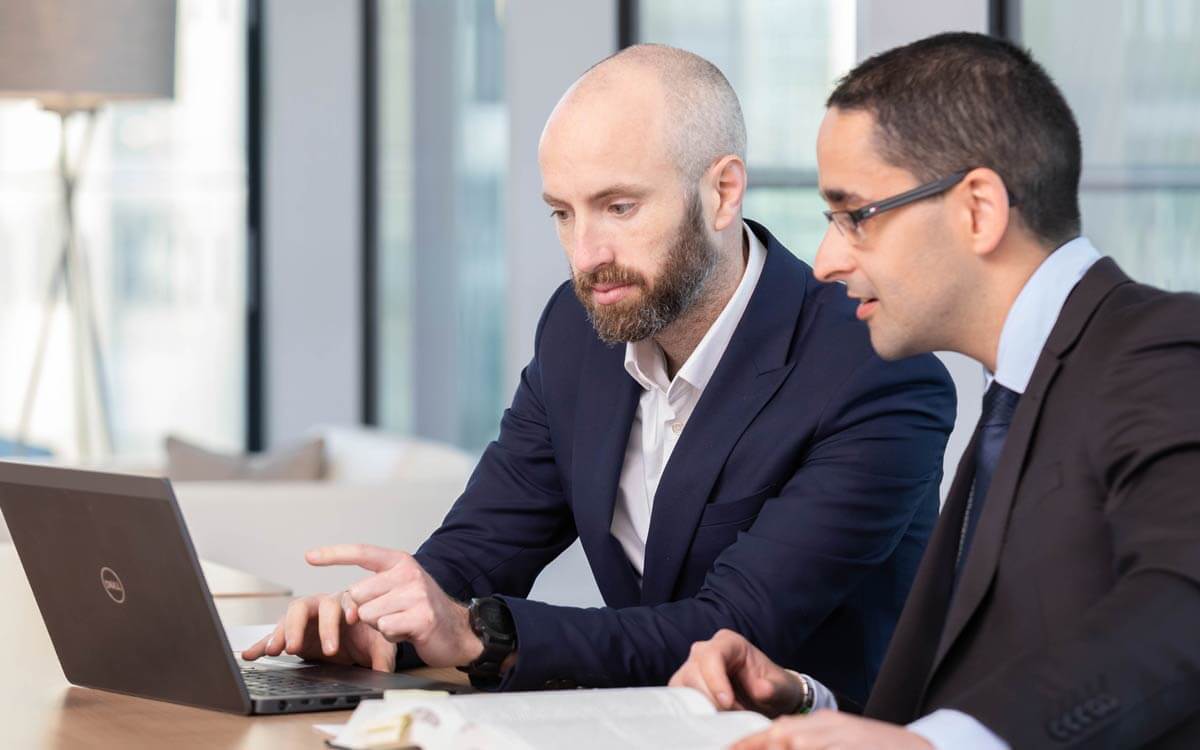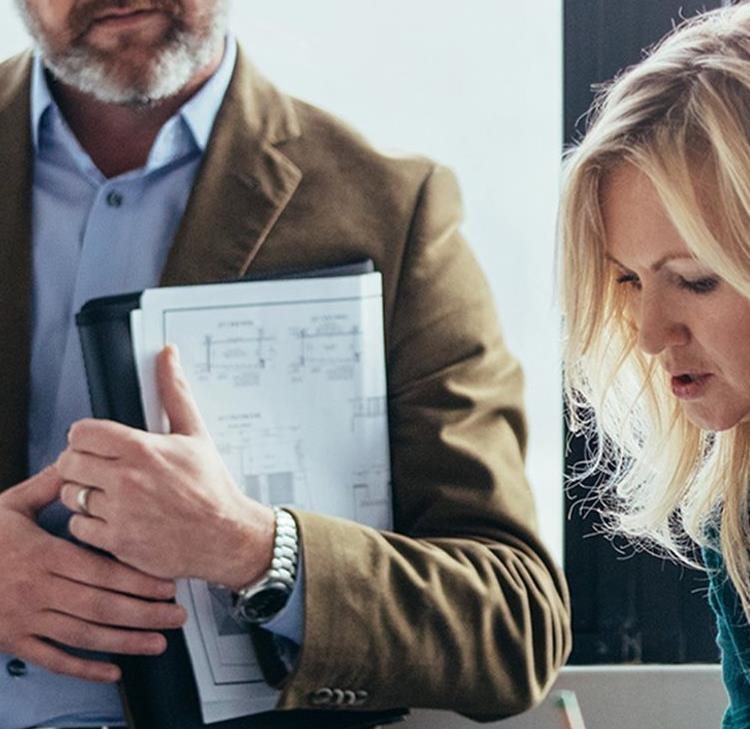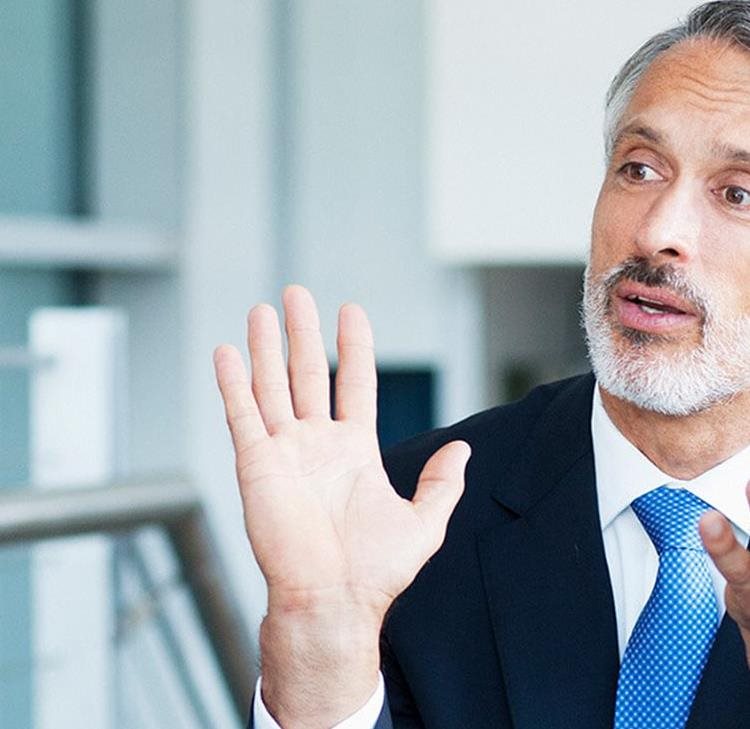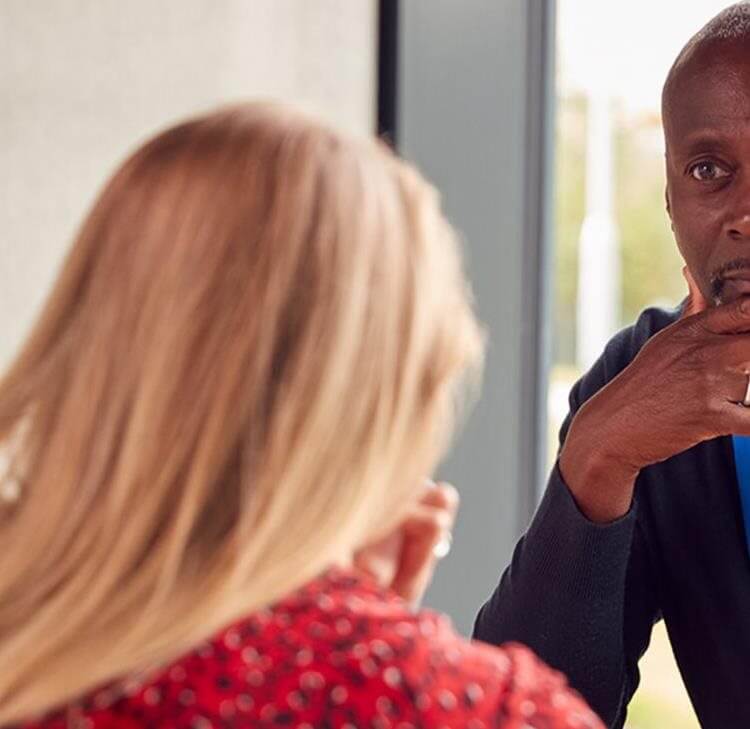Leading the legal way: culture, trust and influence
In the latest in our occasional series Iain Blatherwick, former Managing Partner of Browne Jacobson and now a management coach, reflects on the importance of culture to law firms’ survival over the past ‘Covid months’ and the importance of building on strong foundations.
In the latest in our occasional series Iain Blatherwick, former Managing Partner of Browne Jacobson and now a management coach, reflects on the importance of culture to law firms’ survival over the past ‘Covid months’ and the importance of building on strong foundations.
Much is written about the importance of culture within professional service firms and plenty of those firms write at length and in glowing terms about their culture. Cultures have been seriously tested over the last 18 months, as firms have relied on the loyalty, goodwill, and resilience of their people and the strength of team relationships at a time of more remote and sometimes less visible management and leadership.
Firms have had to place huge amounts of trust in their people, and to a very large extent they have been handsomely rewarded for that trust. A professional services firm cannot operate on trust alone – there is still a need for support, supervision, development and standards to be met – but people like to be part of a business which trusts them, and those benefits should not be lost lightly. It would be very damaging to move from those new levels of trust, admittedly achieved through necessity, back to a position of unnecessary controls and interventions.
The debate around the return to offices is fascinating in this context and as firms grapple with the best approach, it is interesting to ask where the pressure to return comes from. You hope that those people who had the view that you cannot be productively working unless in the office have now been silenced, although recent communications from some firms might suggest not. Clearly there are good reasons to encourage a level of office working – we have already mentioned team spirit and consider new recruits who need to become a part of an organisation and will benefit from close working and the support of people around them. Whichever approach a firm takes, it should be honest about why it has taken that decision, ensuring it doesn’t stem from a lack of trust in its people to deliver the service their clients expect.
A broader aspect of culture derives from the desire to help, whether that is colleagues, clients or the communities in which a business operates. Looking to build on the fact that the vast majority of businesses had successfully and responsibly navigated the challenges of the pandemic, the CBI recently urged us all to ‘Seize the Moment’ and to contribute to ensuring the UK delivers to its full potential. I commented at the time that it feels like we all need to build on this increased trust and create momentum by proving that businesses are genuinely interested in making a broader contribution to society. The majority of people in professional services are in a very privileged position and there is an ever-increasing expectation, not least from our own people, that we should use that position to influence, support and improve the communities around us. As the battle to attract and retain talent intensifies, those businesses who trust their people and who look to play a broader role in their communities will give themselves a competitive advantage.
Iain Blatherwick now runs Space + Time, an executive coaching programme aimed at c-suite level business leaders which offers support in horizon scanning and key decision making.
First published in The Legal Diary by Iain Blatherwick on the 1st October 2021.
Contact
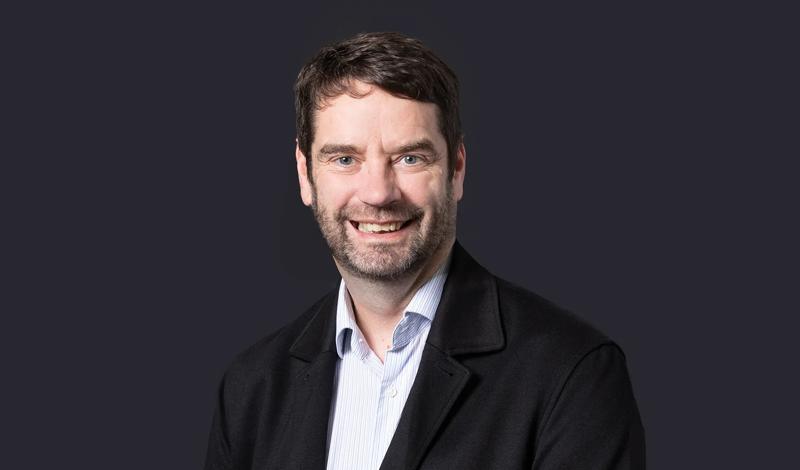
Iain Blatherwick
Partner
iain.blatherwick@brownejacobson.com
+44 (0)115 976 6183
Related expertise
You may be interested in...
Podcast - #EdInfluence
#EdInfluence podcast (series 5): In conversation with inspiring leaders
Opinion - #EdInfluence
When finance expertise meets education leadership: Lessons from Liberia to the classroom
Opinion - #EdInfluence
From fear to fearless: Charlotte Blant on values-led leadership
Legal Update - Ascensus newsletter
Ascensus newsletter: December 2025
Legal Update - #EdInfluence
From school election defeat to AI leadership: Insights from Paul Estes
In Person Event
ASCL Annual Conference 2026
Podcast - #EdInfluence
#EdInfluence podcast (series 4): In conversation with inspiring leaders
Thought Leadership - School Leaders Survey
Survey shows growing dissatisfaction with government policy amidst financial uncertainty
Legal Update
School leaders survey, summer 2025
Legal Update - Ascensus newsletter
Ascensus newsletter: April 2025
Guide
PFI expiry guidance for schools
Legal Update
The power of storytelling (and curiosity)
Legal Update
Breaking the glass ceiling: Empowering female leadership in the food and drink sector
Podcast - #EdInfluence
#EdInfluence podcast (series 3) - in conversation with inspiring leaders
Press Release
Browne Jacobson’s school leaders survey illustrates rising volume of parental complaints and impact on teachers
Legal Update - Ascensus newsletter
Ascensus newsletter: November 2024
Published Article
Navigating parental complaints in turbulent times
Legal Update
Inspector conduct – what will Ofsted do about it?
Press Release
Half of school leaders think Ofsted does not have the expertise for Multi-Academy Trust inspections, according to new survey
Opinion
Cross-sector collaboration and civic leadership: Round table insight
Opinion
Overcoming barriers: Building leadership resilience in MATs
Press Release
School leaders significantly dissatisfied with current government policies across the board, new research reveals
Press Release
Law firm picks up record breaking sixth Education Investor Award
Browne Jacobson’s education team has been named as winner of the ‘Legal Advisors to Education Institutions’ category at the Education Investor Awards 2022 for a record sixth time.
Legal Update
Browne Jacobson’s market leading Education expertise recognised again in latest Legal 500 rankings
The new set of Legal 500 directory rankings have been published and we are proud to once again be recognised as one of the country’s leading firms advising the Education sector.
Press Release
Browne Jacobson’s C-suite exec level coaching team appoints two new education specialists
National law firm Browne Jacobson has grown its team behind its dedicated Space + Time executive coaching programme with the addition of two more qualified coaches who will work with clients in the education sector.
Published Article
Leading the legal way - Retaining top talent
Former Managing Partner turned coach, Iain Blatherwick reflects on how the challenges of retaining top talent have become more complex over the last 18 months and some steps to safeguard against this.
Published Article
Leading the legal way: Carrying on in a crisis
Former Browne Jacobson Managing Partner turned coach, Iain Blatherwick builds on recent articles about mental wellbeing for leaders and the importance of culture to consider leadership in a crisis.
Published Article
Leading the legal way: culture, trust and influence
In the latest in our occasional series Iain Blatherwick, former Managing Partner of Browne Jacobson and now a management coach, reflects on the importance of culture to law firms’ survival over the past ‘Covid months’ and the importance of building on strong foundations.
Published Article
Leading the legal way
Former Browne Jacobson Managing Partner turned coach, Iain Blatherwick briefly outlines the pressures and responsibilities that come with leading a successful law firm and highlights the importance of why mental wellbeing should be high on every law firm leader’s personal agenda.
Legal Update
Leading through change, a personal perspective
As we await the publication of the Government’s White Paper on local government reorganisation (LGR) it felt timely to reflect on the experiences of the previous Managing Partner (MP) of Browne Jacobson on leading an organisation through change.




